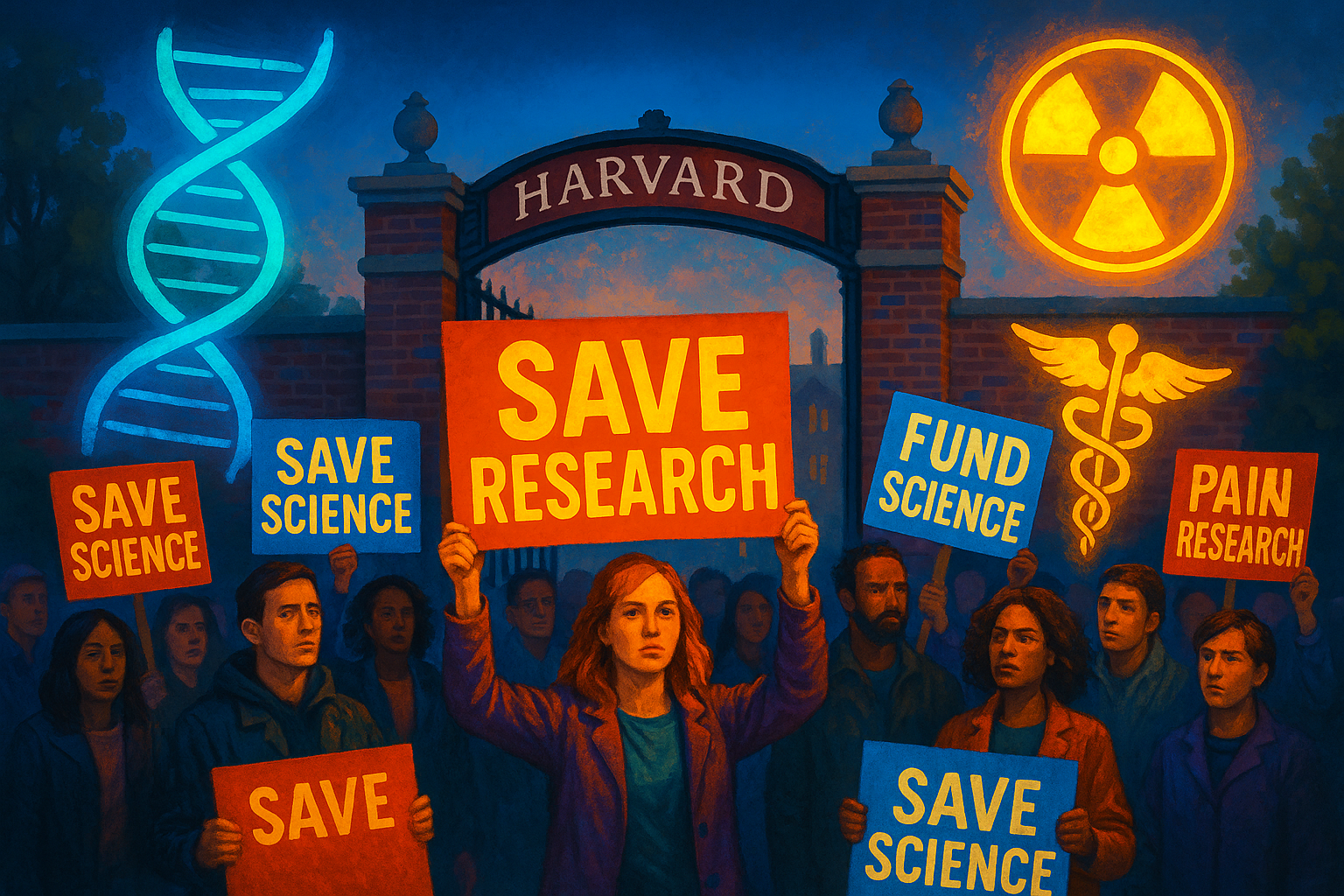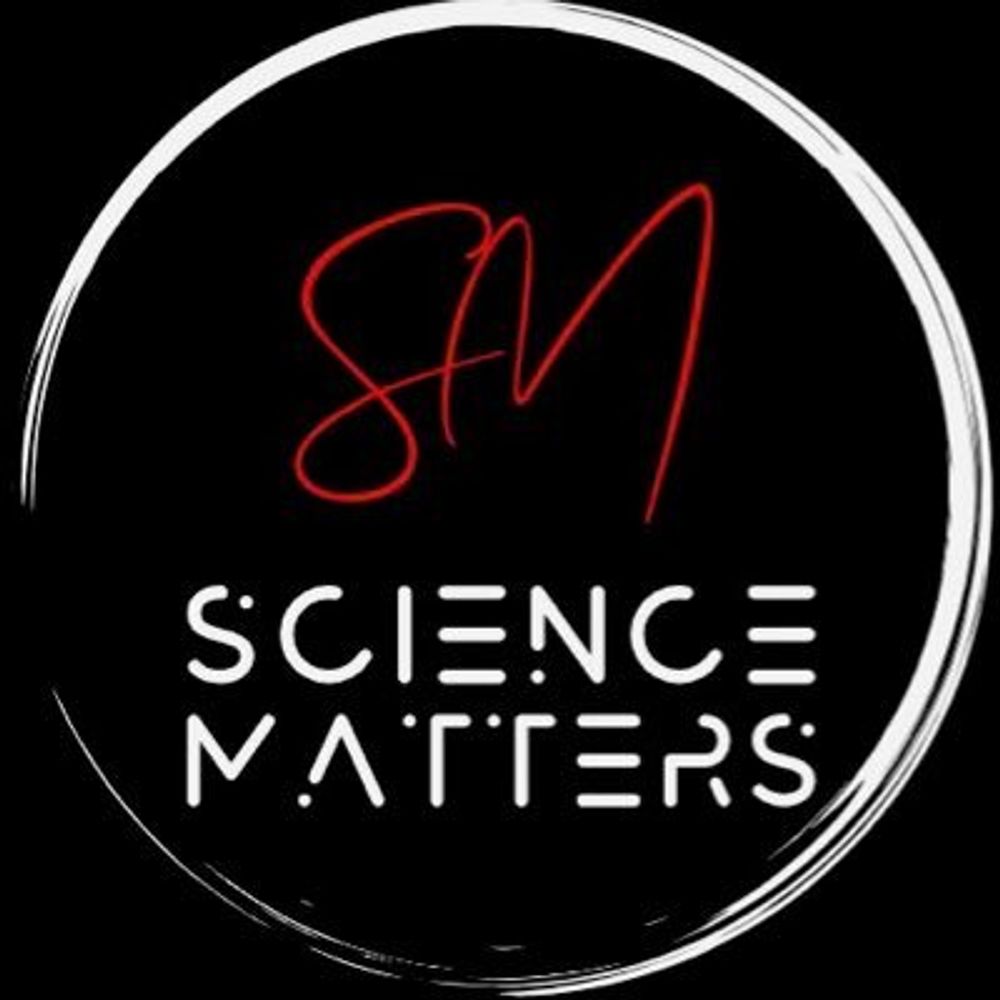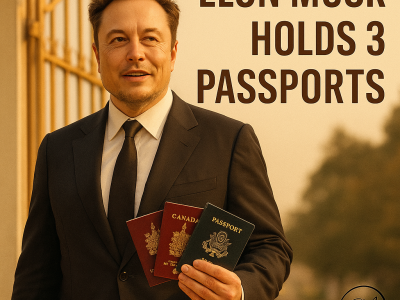In 2023, Dr. Donald Ingber’s team at Harvard’s Wyss Institute began developing drugs to protect cancer patients from the devastating side effects of radiation therapy. Their work could also shield civilians and soldiers during nuclear emergencies. Today, that project—and dozens like it—lies frozen. Why? A political battle between the Trump administration and Harvard University has halted billions in federal research funding. As scientists warn of long-term damage to U.S. innovation, one question looms: Who pays the price when academia becomes a political battleground?
The funding freeze: A blow to medical progress
The Trump administration’s decision to withhold $2.3 billion in grants from Harvard has directly impacted over 200 research projects. Among them is Dr. Ingber’s $20 million initiative on radiation countermeasures, which aimed to create therapies for cancer patients and nuclear crisis scenarios. “We’re killing the Golden Goose of innovation that made America a scientific leader,” Ingber told Reuters.
Other stalled projects include Columbia University’s study on safer blood transfusion methods and research into uterine fibroids—a condition affecting 80% of women by age 50. These pauses disrupt not just timelines but collaborations with hospitals and pharmaceutical firms. With 27% of Harvard’s $53 billion endowment tied to federal partnerships, the freeze also threatens scholarships and lab infrastructure critical for long-term discovery.
Global talent drain: Visa crackdowns spook researchers
Harvard’s international students, who comprise 27% of its student body, now face heightened scrutiny. The Department of Homeland Security has demanded records on foreign scholars’ “illegal and violent activities” by 30 April, while ICE has detained at least three pro-Palestinian protest organisers, including Columbia’s Mohsen Mahdawi, during visa interviews.
The chilling effect is clear. Postdoctoral candidates are reportedly rejecting U.S. positions over deportation fears, opting instead for labs in China or the EU. Dr. Ronald Collman, Director of the University of Pennsylvania’s AIDS Research Centre, warns this exodus risks eroding America’s decades-old dominance in attracting top talent. “The real punishment is for the public who won’t get the benefits of discoveries,” he said.
Tax-exempt status: A political weapon?
President Trump’s threat to revoke Harvard’s tax-exempt status—a move that could cost the university millions annually—has sparked alarm beyond academia. Nonprofit status allows donors to claim tax deductions, a key incentive for philanthropic gifts that fund scholarships and research. Former Harvard President Larry Summers called the threat “weaponisation of the IRS,” adding: “Any self-respecting Treasury Secretary would resign rather be complicit in this.”
Legal experts argue the administration’s demand to audit departments for antisemitism and screen international students for “hostility to American values” stretches federal authority. Columbia University, which initially acquiesced to similar demands, saw its $400 million funding cut anyway—a sign that compliance may not guarantee reprieve.
Academic freedom vs. federal overreach
The administration’s 11-page letter to Harvard, obtained by The New York Times, outlines sweeping demands: hiring “viewpoint diverse” faculty, disciplining protesters, and allowing government-approved audits of departments accused of fostering antisemitism. Harvard President Alan Garber rejected these as unconstitutional, stating: “The university will not surrender its independence or relinquish its constitutional rights.”
Critics see parallels to 1950s McCarthyism, where federal pressure targeted academic dissent. Mitchell Stevens, a Stanford sociologist, warns the clash jeopardises a 75-year “social contract” between universities and Washington: “Post-WWII, the government funded research for public good. Now, it’s using funding to dictate what’s taught and who’s hired.”
Why this matters to the public
The ramifications extend far beyond Ivy League campuses. Delays in radiation drug development could leave cancer patients vulnerable to harsh treatments. Pauses in Alzheimer’s and diabetes research may postpone cures for millions. Meanwhile, China’s investment in R&D—which surged to $526 billion in 2023—positions it to capitalise on America’s disarray.
Public trust is also at stake. A 2023 Gallup poll found just 36% of Americans have confidence in higher education, down from 57% in 2015. Conservative critics argue elite universities promote “radical ideologies,” but faculty counter that federal overreach stifles free inquiry. “Campuses must be spaces for uncomfortable debates,” said Dr. David Armitage, a Harvard historian. “Silencing dissent helps no one.”
Weaponising federal dollars
The Trump administration is using the power of the purse to force ideological compliance. Beyond Harvard, Columbia University has lost $400 million in grants. The administration is reviewing multi-billion dollar grants across other Ivy League schools, including Stanford and Princeton.
Polling from Gallup shows declining public confidence in higher education, particularly among Republican voters. This sentiment provides political cover for sweeping federal interventions, even at the cost of dismantling collaborative scientific enterprise.
The administration has called for audits of DEI programmes, changes in hiring and curriculum, and even the submission of student protestors’ details to federal databases. The tactic is clear: control through fear and funding.
The road ahead: Endowments, lawsuits, and public backlash
Harvard’s $53 billion endowment buys time, but smaller universities lack such buffers. Legal challenges are mounting: Harvard professors sued the administration last month, alleging First Amendment violations, while Columbia faculty unions prepare similar action.
Scientists like Noam Ross, who tracks defunded projects on a public database, argue transparency could rally support. “People need to see how cuts to ‘woke’ colleges hurt cancer patients or veterans,” he said. Others, like conservative strategist Christopher Rufo, urge tougher measures: “Cut all federal money and watch these universities implode.”
A call to action
As the standoff escalates, voters face a choice: Should the government dictate campus policies to combat antisemitism, or does such oversight threaten the freedoms underpinning innovation? With midterm elections approaching, the debate will shape not just academia but America’s global competitiveness.
What do you think? Share your views with The Science Matters and follow our series “Science in the Crossfire” for updates.







